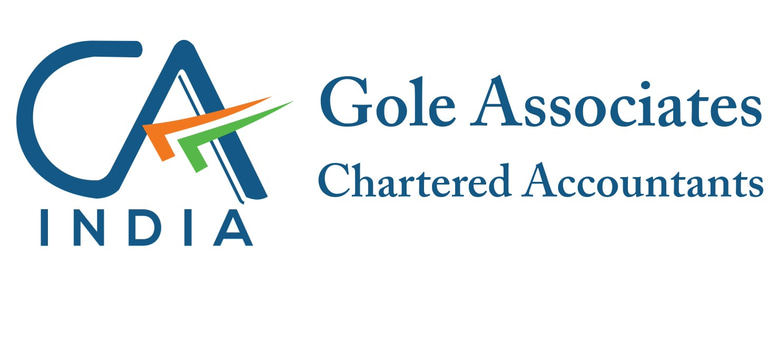Cross-border taxation: The Delhi High Court examines Coursera Inc. under the India–US DTAA
Explore the recent Delhi High Court ruling in Commissioner of Income-tax (International Taxation) vs. Coursera Inc., which clarifies the scope of “Fees for Included Services” under the India–US DTAA. This article offers a deep dive into the Court’s interpretation of the “make available” clause, the treatment of digital platforms like Coursera, Netflix, and others, and strategic insights on avoiding unintended tax exposure. With references to landmark cases and practical guidance for cross-border service providers, this piece is essential reading for professionals navigating the digital taxation landscape.
INCOME TAX


Introduction
The recent judgment of the Delhi High Court in the case of Commissioner of Income-tax (International Taxation) vs. Coursera Inc. represents a significant development regarding taxation of online education and similar digital services under the India–US Double Taxation Avoidance Agreement (DTAA). This article analyses the landmark decision, explores its implications for digital service providers, and outlines best practices to mitigate tax exposure.
Case Overview
Coursera Inc., a prominent US based online education provider, offers digital courses from renowned universities globally. The Indian revenue authorities sought to tax Coursera’s revenue from Indian customers as Fees for Included Services (FIS) under Article 12 of the India US DTAA, arguing such payments amounted to technical knowledge transfers taxable under Section 9(1)(vii) of the Indian Income Tax Act, 1961.
However, the Delhi High Court, affirming the ITAT's decision, ruled against the Revenue, holding that Coursera’s services did not satisfy the critical "make available" criterion necessary to qualify as taxable FIS.
Critical Analysis: The "Make Available" Clause
Under Article 12(4)(b) of the India US DTAA, fees qualify as FIS only if they "make available" technical knowledge, skills, know-how, or processes. The Court emphasized that "making available" requires enabling the recipient to independently apply such knowledge without further recourse to the service provider.
In Coursera’s context, although the platform provided extensive content and user analytics, these did not empower Indian users to independently replicate or innovate upon the technology provided. Consequently, Coursera’s revenues from Indian subscribers were not taxable as FIS.
Relevant Judicial Precedents
Elsevier Information Systems GmbH v. DCIT: The tribunal previously concluded that access to digital databases without imparting technical know-how does not constitute taxable FIS.
Cedilla Healthcare Ltd. v. ITO (2017): Held that providing mere access to an online database does not trigger "make available" and thus is outside the scope of FIS.
These cases collectively reinforce the principle that mere digital content access absent direct transfer of technical knowledge is not taxable under the DTAA.
Implications for OTT and Online Platforms
This ruling carries significant implications for businesses such as Netflix, Spotify, Amazon Prime, and other digital service providers, underscoring the importance of clearly distinguishing between content access and technical knowledge transfer:
Tax Protection: Platforms delivering automated, non-customized digital content have strong grounds to argue against taxation as FIS.
Contractual Structure: Companies should clearly specify that services originate directly from the foreign entity, avoiding the establishment of a Permanent Establishment (PE) in India.
Documentation and Compliance: Ensuring robust documentation, including Tax Residency Certificates and Form 10F, supports claims for treaty protection.
How to Mitigate Tax Exposure
Companies aiming to avoid unintended taxation should consider:
Explicit Contracts: Clearly state that the services provided are limited to content access, without any skill or technology transfer.
Limit Indian Presence: Maintain operations and technical resources outside India to avoid triggering PE-related taxation.
Automation and User Guides: Prefer automated solutions or self-service documentation to interactive training to avoid "make available" scenarios.
Broader Impact and Future Outlook
Though this judgment provides clarity and relief, global tax reforms such as India's Equalization Levy and OECD’s Pillar frameworks could alter tax strategies. Digital platforms must continuously monitor regulatory updates and judicial interpretations to remain compliant and tax-efficient.
Conclusion
The Delhi High Court’s ruling in the Coursera case is a critical reference point for interpreting FIS under the India–US DTAA, particularly for digital service platforms. Businesses should structure their operations and documentation strategically to capitalize on treaty protections, maintaining a careful distinction between service access and technical skill transfer.
